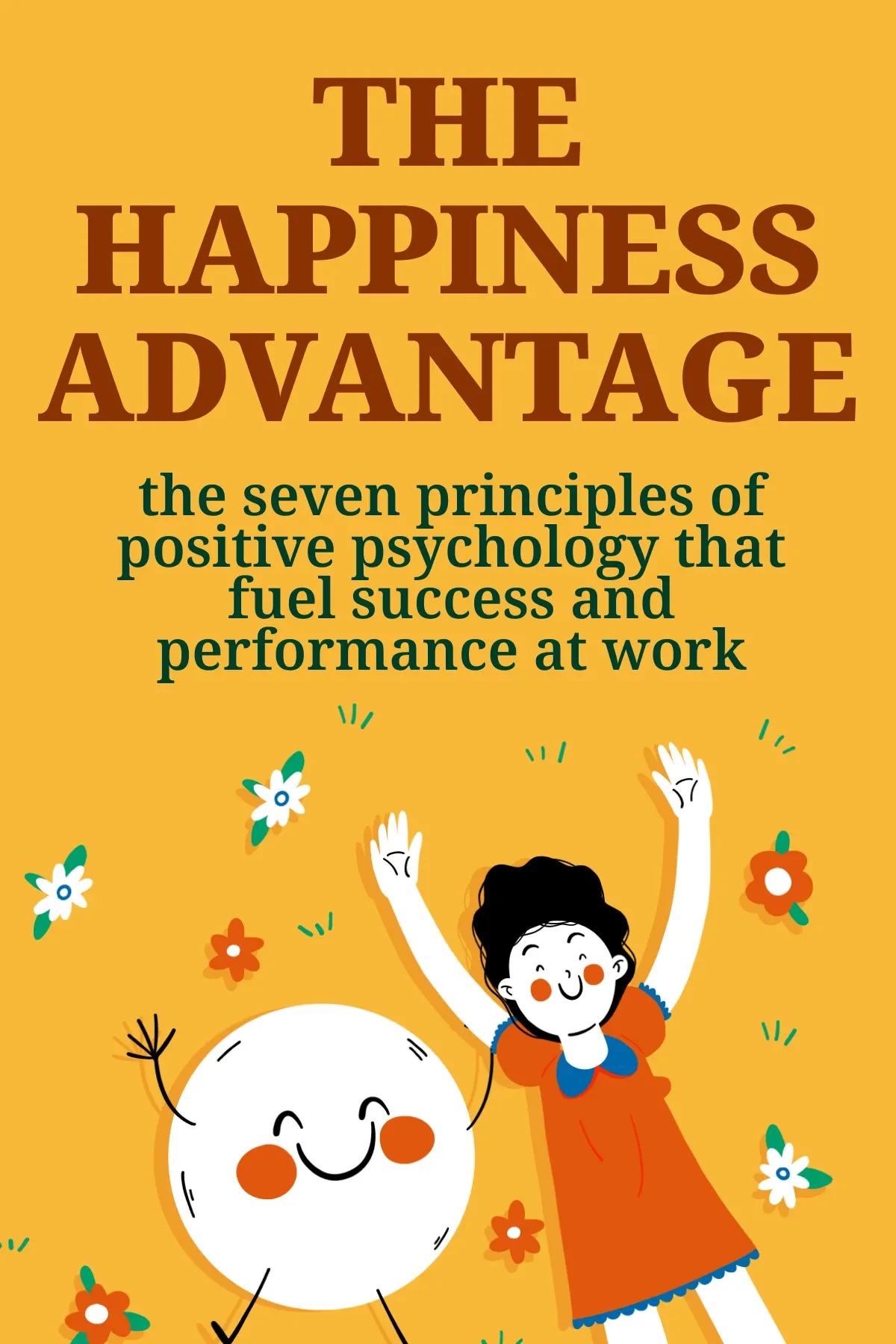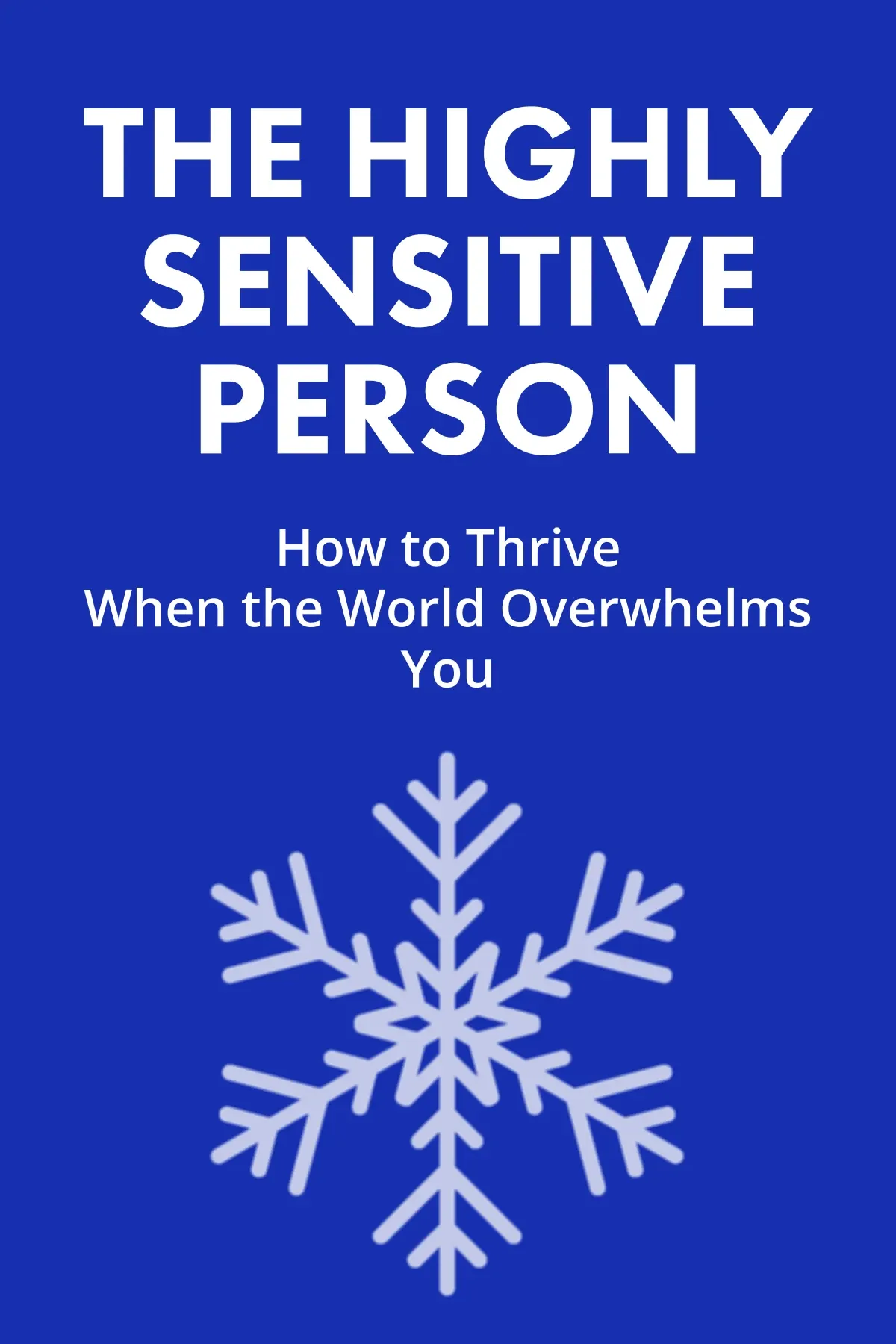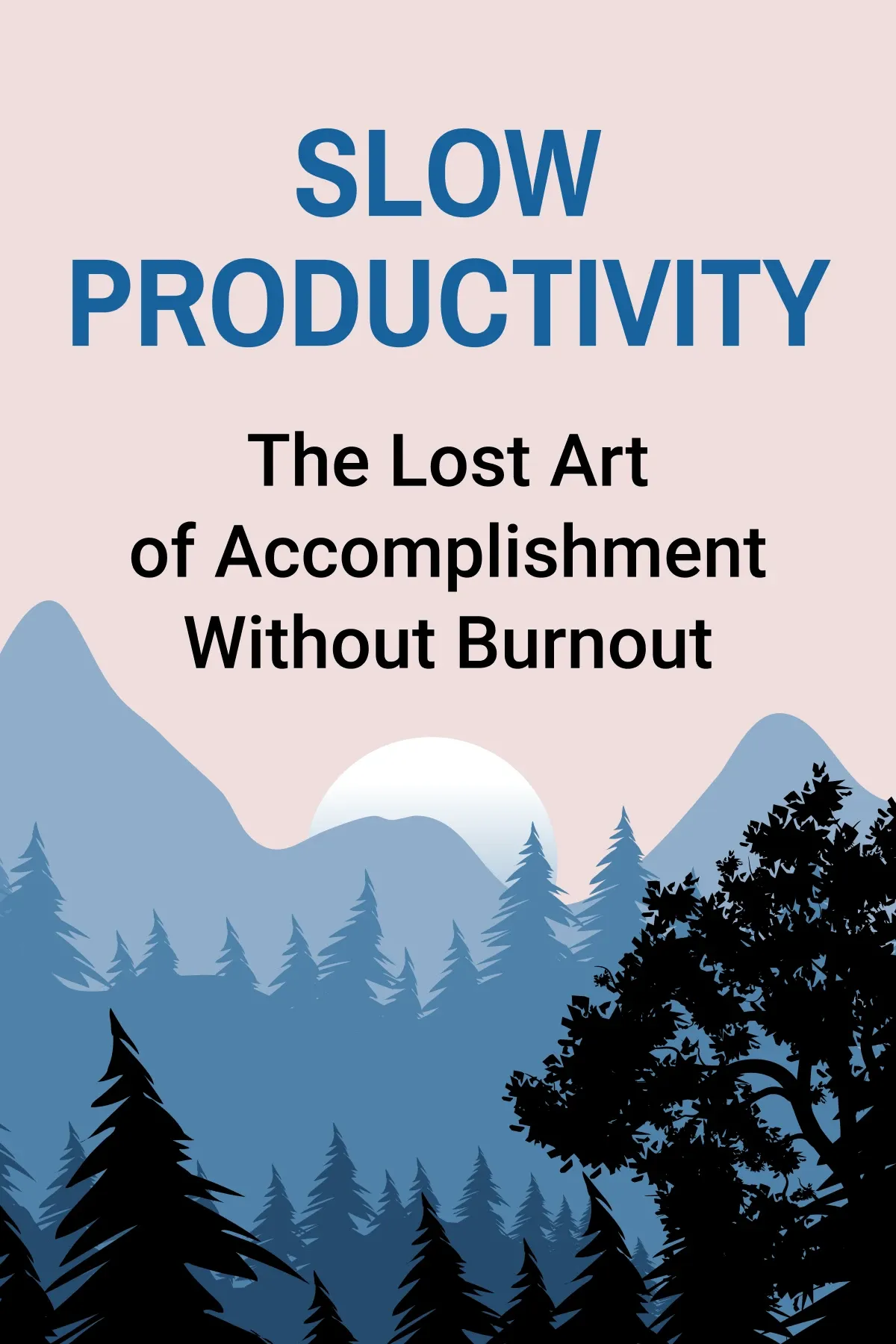
Chatter
Brief Summary
Have you ever noticed yourself sabotaging your performance in stressful situations because you’re overwhelmed? This happens because chatter, your anxious inner voice, takes over and hinders your ability to focus. If you want practical tips on solving this issue, “Chatter” is the perfect next read for you.
Topics
Key points
Key idea 1 of 9
Every second of our lives, we are surrounded by a constant flow of information. When we feel overwhelmed, our anxious inner voice can take over and hinder our ability to perform essential tasks. Anyone who has mastered a skill, from a doctor to a professional athlete, can sometimes fold under pressure.
For instance, that’s precisely what happened to baseball pitcher Rick Ankiel. He was a promising young athlete. However, during a game in October 2000, he threw a wild pitch and then a couple more, seemingly unable to control his throws. Since that game, he started to struggle, and his career plummeted. He was forced to retire at just 25 years old.
Ankiel’s issue lay in overanalyzing. After he threw his first wild pitch during that game in October 2000, he started overthinking his technique. Skills like this should rely on automatic behaviors, so everything unravels when you analyze them too deeply. This is also referred to as paralysis by analysis.
The executive functions in our brain allow us to stay focused and resist distractions. These functions also help us maintain self-control and solve problems. When we are under pressure, our inner voice can kick in and overwhelm our executive functions, hindering our ability to perform even the skills we’ve mastered. It can sabotage us in various areas, from our careers to our personal lives. It can also lead to poor decision-making and anxiety. This kind of inner voice is often referred to as chatter.
Sooner or later, every single one of us can end up in high-pressure situations. That’s why it’s essential to know how to deal with chatter and maintain focus. There are various methods, such as seeking emotional support from close people or practicing mindfulness. Either way, if you learn to control your inner voice, it is sure to drastically improve your performance in any field.
FAQ
You may also like these summaries











